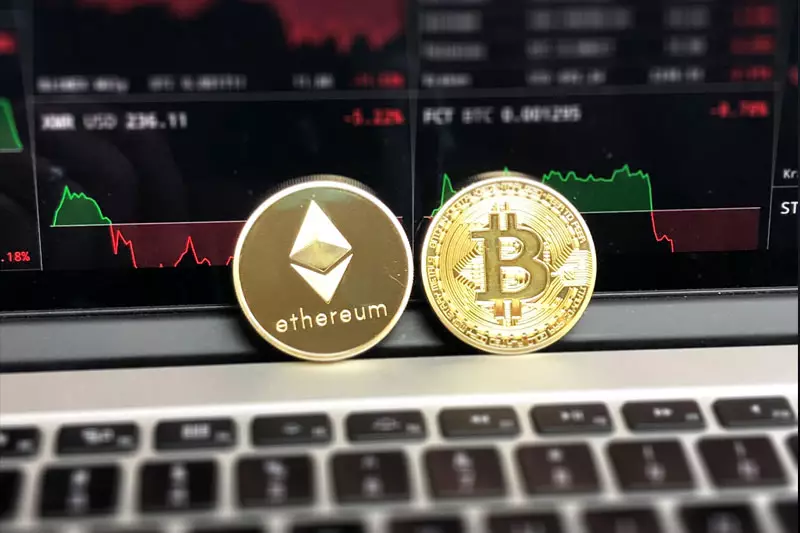In a significant judgement from the U.S. District Court for the District of Columbia, it has been established that cryptocurrency exchange Bitfinex stands as the sole entity eligible for restitution concerning the monumental theft of 119,754 Bitcoin during the notorious 2016 hack. This determination follows the guilty plea of Ilya Lichtenstein and Heather Rhiannon Morgan, who were implicated in a conspiracy to defraud the United States and launder the stolen crypto funds. Their case, which gained traction after arrests in February 2022, highlights a series of sophisticated hacking maneuvers that exploited vulnerabilities within Bitfinex, facilitating over 2,000 unauthorized transactions into a private wallet.
The audacity of the hackers is striking, illustrating a deeply organized and calculated effort. Using advanced tools, Lichtenstein and Morgan allegedly infiltrated Bitfinex’s security protocols, facilitating the transfer of stolen funds which they then endeavored to disguise through various laundering techniques. Among the more bizarre aspects of their operations was Morgan’s conversion of some illicit assets into gold coins, which she reportedly buried. Such actions underline not only the challenge of tracing stolen crypto but also the lengths to which individuals will go to obscure their illegal gains.
Since the events unfolded in early 2022, the U.S. government has made remarkable progress in recovering the stolen cryptocurrency, reclaiming roughly 95,000 Bitcoin, valued at a staggering $5.89 billion today, along with an additional $475 million in related assets. These funds are currently stored in an address controlled by the FBI, recognized publicly as “bc1qazcm” according to insights from Arkham Intelligence. Such recoveries exemplify law enforcement’s increased capability to track and reclaim digital assets, emphasizing the intersection of technology and legal enforcement in the crypto realm.
In light of these developments, it appears that the court’s stance aligns with the sentiments expressed by the U.S. Department of Justice, which indicated that no other individuals besides Bitfinex are recognized as victims in this case under the Crime Victims’ Rights Act (CVRA) or the Mandatory Victims Restitution Act (MVRA). This notion is bolstered by Bitfinex’s actions post-hack, wherein the exchange issued “BFX” tokens to compensate affected customers—a move that was executed transparently and redeemed by April 2017. As a result, the current legal landscape suggests that Bitfinex remains the exclusive claimant for restitution, which brings forth critical questions about the future of asset recovery and victim compensation in the cryptocurrency sphere.
The ruling surrounding the Bitfinex incident marks a pivotal moment in the realm of cryptocurrency regulation and law enforcement. It illuminates the challenges faced by exchanges and individual investors alike when confronting the complexities of digital asset security. As the cryptocurrency landscape evolves, such cases will undoubtedly serve as precedents, shaping how authorities address similar future infractions and manage stakeholder restitution claims. This situation also sheds light on the need for practical frameworks within which victims of crypto crimes can find recourse, fostering a more secure environment for investors worldwide.

